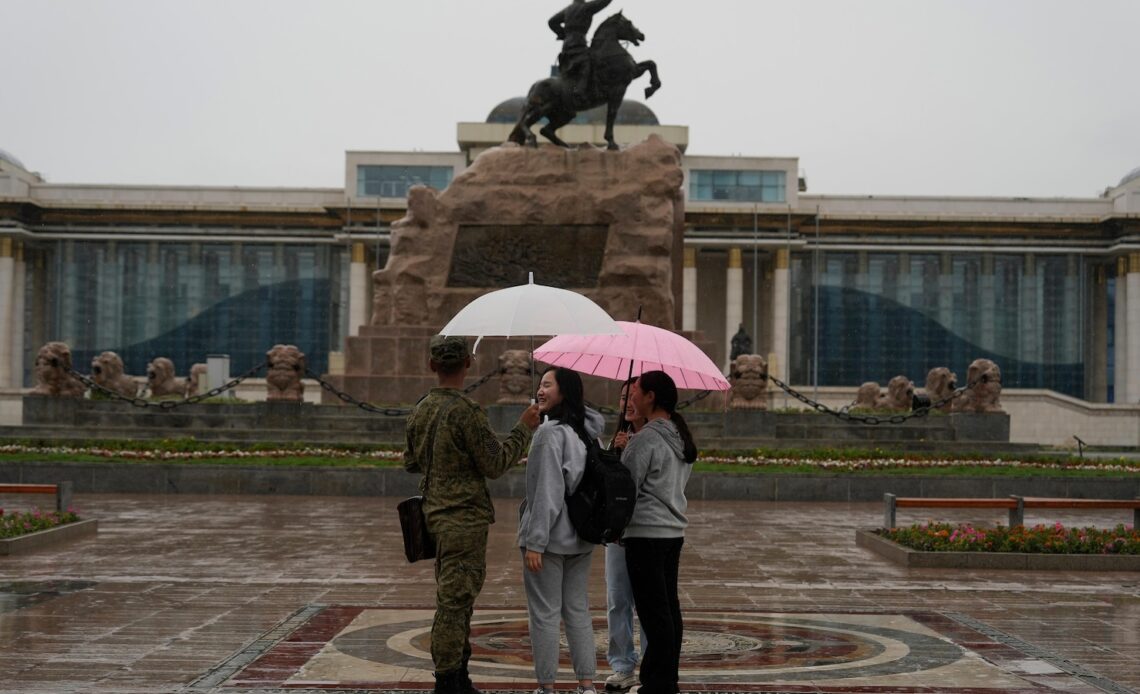ULAANBAATAR, Mongolia — Mongolia, where parliamentary elections were being held Friday, is a sparsely populated and landlocked Asian nation known for its bitter winter cold and independent spirit.
As a democracy of just 3.4 million people in the shadow of two much larger authoritarian states, China and Russia, it has taken on symbolic importance in an era when democracy is under pressure or in crisis in many countries, including the United States.
In an earlier era, the fierce nomadic tribes of the Mongolian steppe were widely feared, at one point conquering China and expanding west across Asia to the edges of Europe.
Today, it is a country punctuated by extremes. Its vast mineral resources are sought by China and the West but generate wealth mainly for the elite: nearly a third of Mongolians lived below the poverty line in 2022 according to the Asian Development Bank.
The mineral wealth is helping power global decarbonization, yet it remains hooked to dirty coal that causes some of the worst air pollution in the world. Nomadic herding is integral to the country but millions of animals are lost to extreme weather worsened by climate change.
The word dzud literally means disaster in Mongolian. It’s an extreme weather phenomenon that used to occur once a decade, but is becoming harsher and more frequent as the world warms. The deadly combination of perennial droughts and severe, snowy winters cause cataclysmic losses of livestock.
Herding is central to Mongolia’s economy and culture — contributing 80% of its agricultural production and 11% of its GDP — and the impacts of dzuds are profound. This year’s dzud, the sixth in the past decade and the worst yet, killed more than 7.1 million animals. Thousands of families have lost over 70% of their entire herds.
Mongolia gets nearly a quarter of its GDP and around 90% of its exports from mining. The Oyu Tolgoi mine in the Gobi Desert in the country’s south is one of the world’s largest known copper and gold deposits. Some in Mongolia hope increased demand for so-called critical minerals for countries seeking to decarbonize will give it leverage against its larger neighbors.
But Mongolia has struggled to share the benefits and costs of its mineral wealth. Herders, who make up a third of the population, decry the loss of pasture land and alleged land grabs. In 2022, massive protests broke out in Mongolia over alleged corruption in the mining sector.
After six decades of communist rule, protests sparked a…
Click Here to Read the Full Original Article at ABC News: Business…

